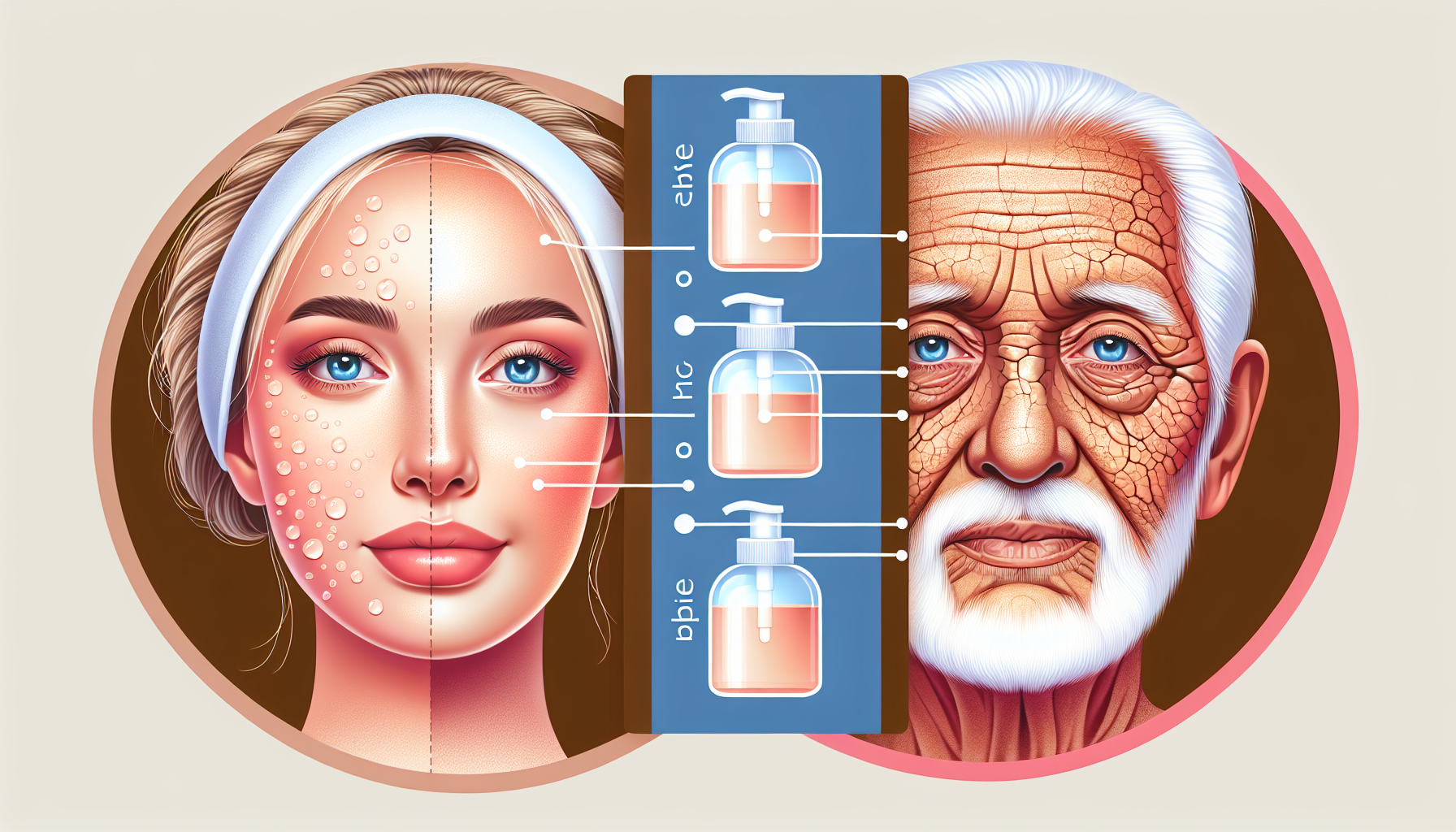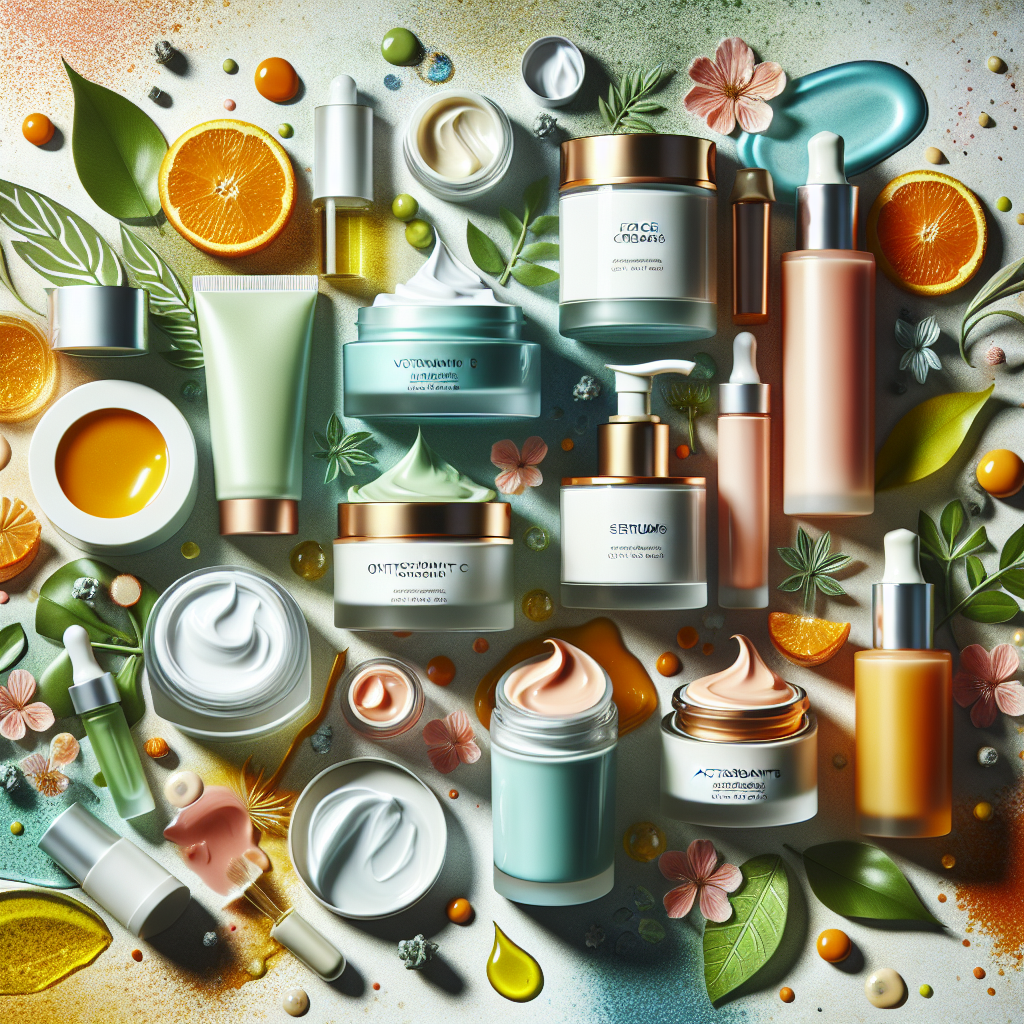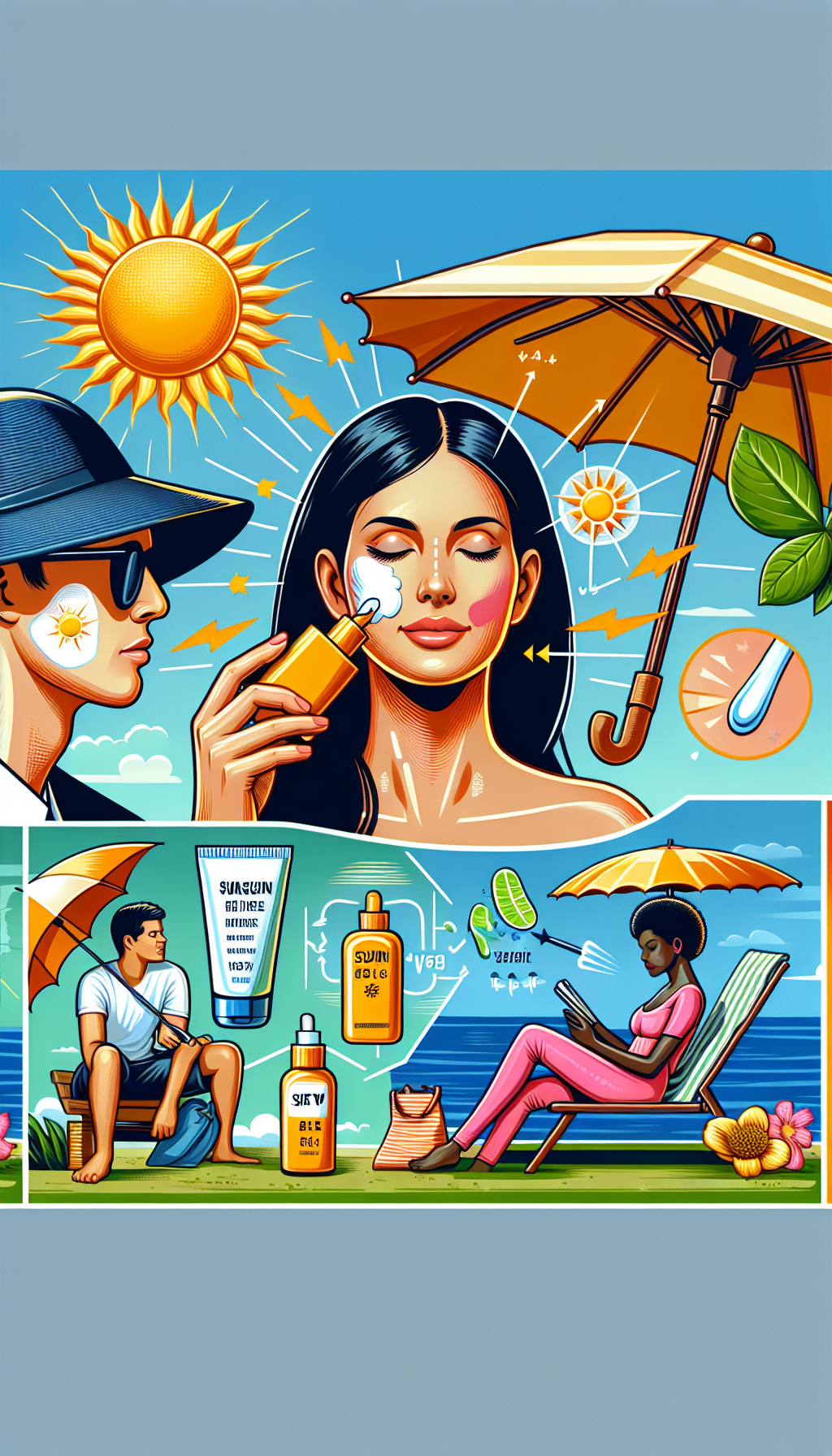As we age, our skin undergoes several changes, including a decrease in hydration which can lead to various skin concerns such as dryness, wrinkles, and a lackluster appearance. Understanding the underlying causes of these changes and finding effective ways to combat them is essential for maintaining healthy, vibrant skin throughout our lives.
Understanding Skin Hydration and Aging
Skin hydration is crucial for maintaining the skin’s elasticity, smoothness, and overall health. Hydration in the skin is primarily provided by water content, which can come from both internal sources, like our blood, and external sources, such as topical creams and the environment. However, as we age, our skin’s ability to retain water diminishes, leading to dryness and the accentuation of fine lines and wrinkles.
Several factors contribute to the decline in skin hydration as we age:
-
Decreased Sebum Production: The natural oils produced by our skin, which help to lock in moisture, start to decrease with age.
-
Reduced Natural Moisturizing Factors (NMFs): Components such as amino acids and minerals that help maintain the skin’s water balance are less abundant in older skin.
-
Diminished Lipid Barrier: The skin’s lipid barrier, which prevents water loss, becomes less effective as we age, making it easier for moisture to escape.
-
Slower Cell Turnover: As the regeneration of skin cells slows down with age, the skin can appear duller and drier.
These changes underscore the importance of adopting a skin care regimen that addresses the unique needs of aging skin, particularly when it comes to hydration.
Strategies for Enhancing Skin Hydration
To combat the effects of aging on skin hydration, consider the following strategies:
Improve Your Daily Skincare Routine
Adopting a daily skincare routine that focuses on hydration is vital. Look for products that contain hyaluronic acid, which can hold up to 1000 times its weight in water, and glycerin, which is a humectant that draws moisture into the skin. Effective Skin Care Solutions for Winter Dryness offers insights into choosing the right products for dry conditions, which can also be beneficial for aging skin.
Incorporate Antioxidants
Antioxidants like vitamins C and E are essential for protecting the skin from oxidative stress, which can exacerbate moisture loss. The article on The Role of Antioxidants in Daily Skin Care provides more detailed information on how these powerful agents can help maintain skin hydration.
Opt for Richer Moisturizers
As skin matures, lighter lotions may no longer suffice. Thicker creams and ointments with ingredients like ceramides and fatty acids can help reinforce the skin’s lipid barrier, thus helping to retain moisture.
Stay Hydrated Internally
Drinking plenty of water and maintaining a diet rich in water-containing foods like fruits and vegetables will support skin hydration from the inside out. For more on the benefits of internal hydration, refer to Optimizing Skin Health with Proper Hydration.
Consider Professional Treatments
Professional treatments, such as facials and hydrating serums, can provide a deeper level of hydration that at-home products cannot always match.
Sun Protection
Protecting your skin from the sun is crucial at any age but becomes even more important as we get older. UV radiation can break down collagen and elastin, leading to drier, thinner skin. Use a broad-spectrum sunscreen daily, and consider wearing protective clothing and seeking shade when the sun is strongest.
External Resources for Further Reading
To deepen your understanding of the relationship between aging and skin hydration, consider exploring these niche resources:
-
The International Dermal Institute: Provides in-depth articles on skin health, including the science of skin hydration and the effects of aging.
-
The American Academy of Dermatology: Offers a comprehensive guide to caring for mature skin, with a focus on hydration and prevention of common age-related skin concerns.
-
The National Center for Biotechnology Information (NCBI): Hosts scholarly articles on the latest research in dermatology, including studies on skin hydration and aging.
Linking Skin Health to Overall Wellness
Maintaining hydrated skin isn’t just about appearance; it’s also about overall health. The condition of our skin can often reflect the health of other bodily systems. For instance, Skin Health is intricately linked with various aspects of our wellness, including hormonal balance and immune system function.
Conclusion
Aging is an inevitable process, and while we can’t turn back the clock, we can take proactive steps to manage the effects of aging on our skin. By understanding the changes that occur and implementing a comprehensive skincare routine, we can help our skin retain its hydration and youthful glow. Remember to reach out to healthcare professionals when necessary and to consider the role of skincare in your overall health and wellness.



